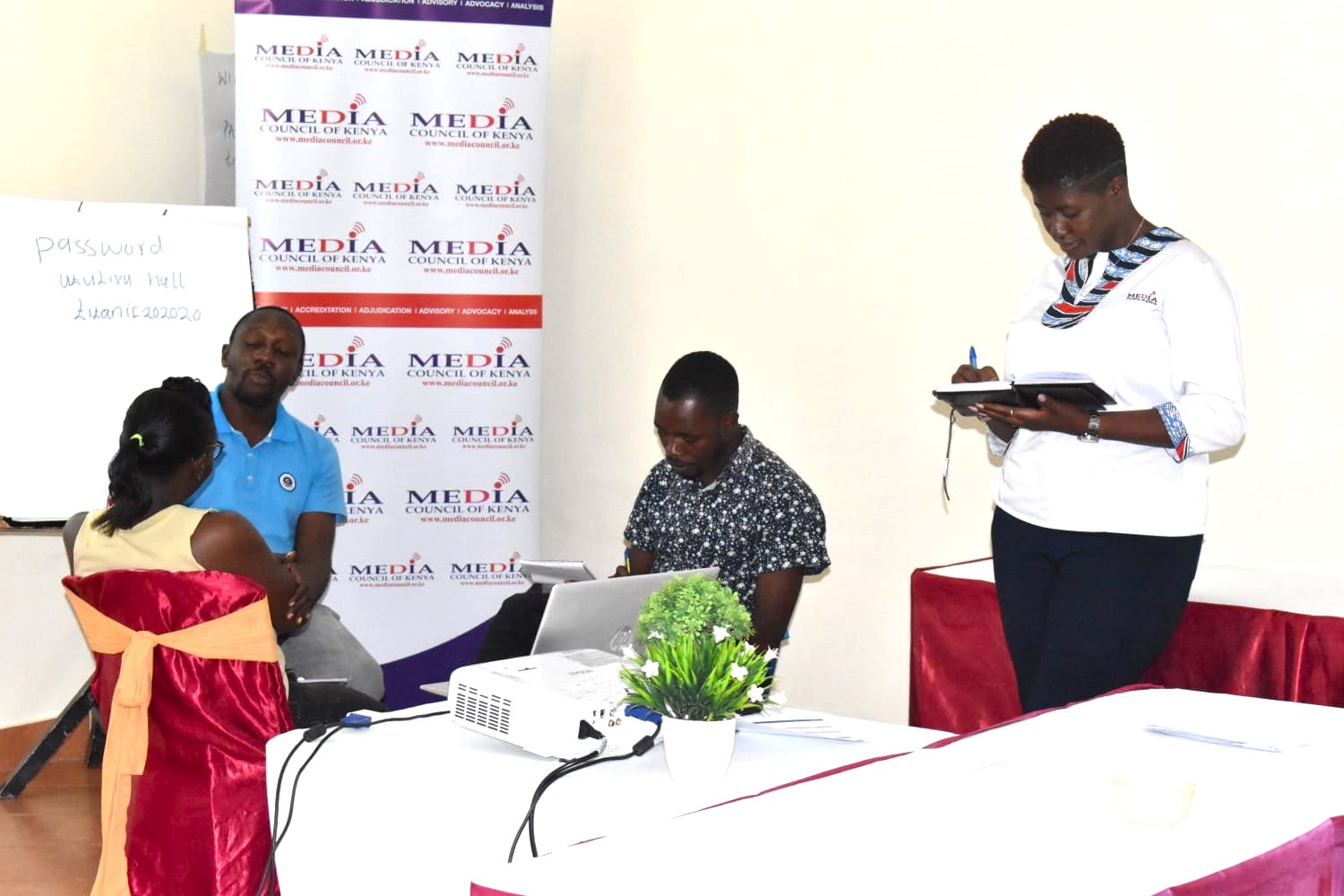
Journalists have been urged to cover stories with a gender lens in order to expose the ills that come with gender-based violence (GBV).
The Media Council of Kenya (MCK) Mombasa Regional Coordinator Ms Maureen Mudi urged journalists to report gender-based violence cases with sensitivity as the outcome of such reporting affects the victims.
“The media plays an important role in shaping the attitudes, perceptions and knowledge of audiences. It also shapes the victims’ responses to victimisation and community responses to persons who have undergone GBV”, Ms Mudi told a journalists’ meeting in Kilifi.
She challenged the media to report on stories of men facing GBV and embrace solution-based journalism on such matters.
“The framing of gender-based violence stories should consider time, sufficient facts and the tone should be sensitive enough to the victims”, said Ms Mudi.
Ms Mudi noted that Kilifi County has reported several cases on GBV and urged journalists to be proactive in identifying and highlighting stories that seek to educate and inform residents of Kilifi on the matter.
MCK Media Analyst Ms Margaret Matunda took the participants through gender sensitive reporting.
“Most gender-based violence stories lack depth and sensitivity. Most of the stories traumatise the victims and leave them feeling exposed”, said Ms Matunda.
Ms Janet Kilalo, a journalist, emphasised the need to map out hotspots and follow up on GBV stories. She further stated that journalists need to undergo counselling and debriefing sessions to help them relieve the tragic events they cover.
“We should pursue gender-based violence stories beyond the daily incidents by following it to the end. If the story is in court follow it until justice is served”, she said.